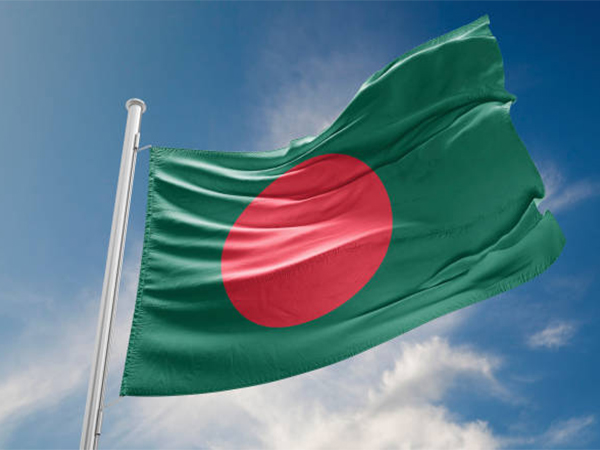Dhaka [Bangladesh], May 3 (ANI): Bangladesh is celebrating World Press Freedom Day as the media face serious challenges. Political changes have shaken the media landscape in Bangladesh.
More than two dozen outlets changed leadership positions following the July uprising last year. Some journalists are facing murder charges. The authorities concerned are also investigating their bank accounts. The government has cancelled the accreditation cards of the journalists. Some journalists faced job cuts.
The United Nations General Assembly declared May 3 as World Press Freedom Day in 1993, marking an important milestone in the protection of freedom of expression and media freedom.
“Since the changeover in Bangladesh last year, July-August, we find that there are changes in the media sector. We also find some of the editors were removed from the position of the newspapers and televisions and some new people joined there,” said Golam Rahman, Editor of Ajker Patrika, a Bengali daily newspaper of Bangladesh.
According to The Daily Star report, Editors at least eight newspapers and heads of news in 11 private television channels have been either dismissed or forced to resign, while some left their jobs.
“We find there is a silent crisis in the media that is going on because the media is writing and reporting matters, but many of our editors or many of our key people in the media are not facing or feeling safe to write to express their opinion. They are a bit shaky to express their opinion in full length,” Rahman told ANI in an interview.
“We understand, some people were in prison, some people were arrested, and some key editors of the newspapers were also arrested. Those are stumbling blocks in the freedom of expression,” he added.
The interim government headed by Nobel Laureate Muhammad Yunus claims the government neither helped anyone nor intervened in changing the ownership or leadership in any privately owned media houses. The government says private news organisations have changed their leadership on their own.
“But in reality, we find some representatives of the present government who ordered some media people to be removed from some television stations. They were also instructed to change for the editorship of newspapers. There are hidden things that we find on social media and also in international media. Our media has some blockades where they don’t express their own opinions. There are hidden censorships,” Rahman said.
“This is a legacy that we are inheriting from ages. Most of the time, it is written that media freedom is there. But the reality, we have not seen full freedom of the media in times. Media freedom is always being curtailed, threatened. Some restrictions are always there. Sometimes it is by law, sometimes it is by order, sometimes it is by practice; all these things are there. Full freedom of the media is still a far cry in the country. Because of political influences and political interferences, even sometimes top political parties or top political leaders also put pressure on the press. That is the legacy, that is the historical reality we faced,” he said.
Rahman further said, “It is the recent practice that some journalists were put into jail. They are behind the bar. They are facing charges of killing people. But I should say those are not real arguments for them, those are not real cases for them. It is just because they are putting pressure on the press, pressure on some specific journalists, they are doing that. Without that, they can not keep them in prison. That is the main serious problem. Journalists should be free in their writing.” (ANI)
Disclaimer: This story is auto-generated from a syndicated feed of ANI; only the image & headline may have been reworked by News Services Division of World News Network Inc Ltd and Palghar News and Pune News and World News
HINDI, MARATHI, GUJARATI, TAMIL, TELUGU, BENGALI, KANNADA, ORIYA, PUNJABI, URDU, MALAYALAM
For more details and packages












